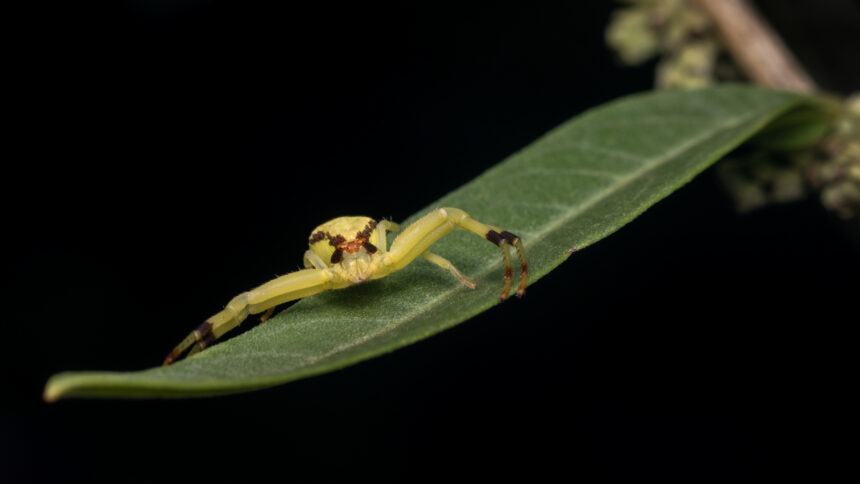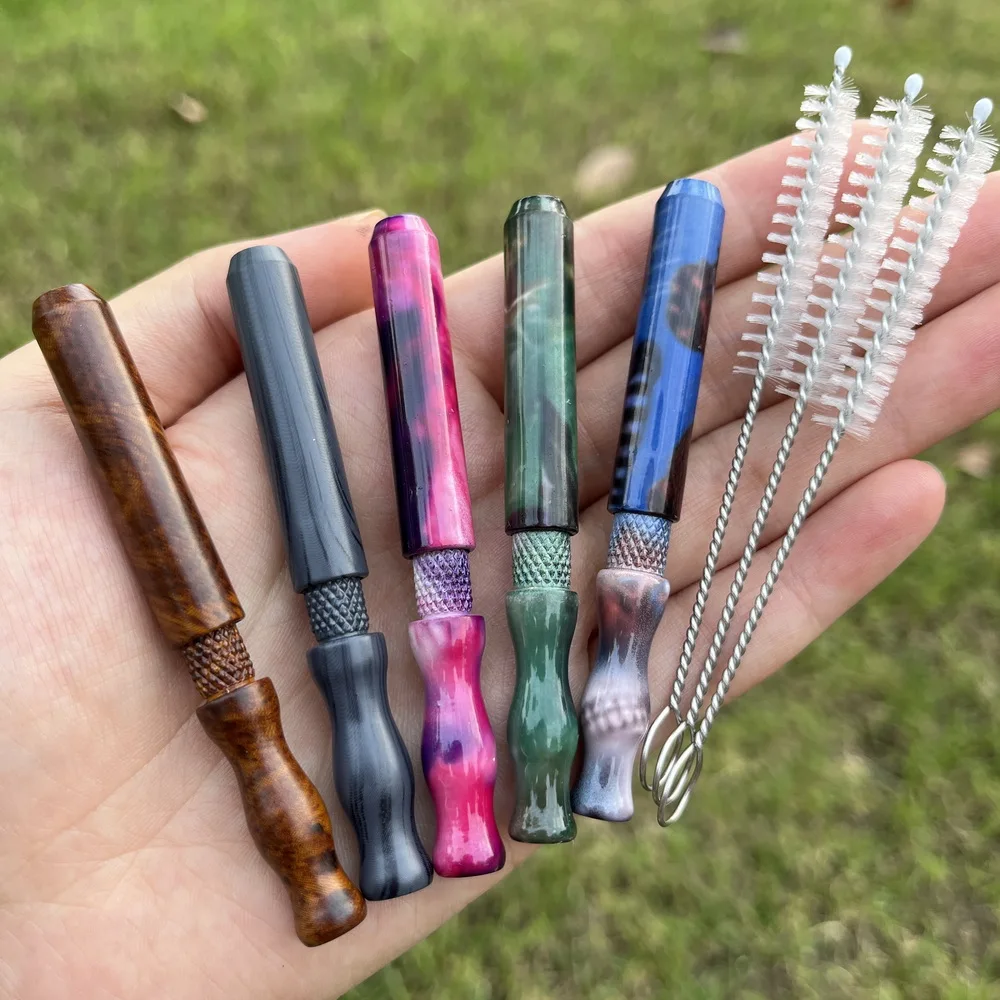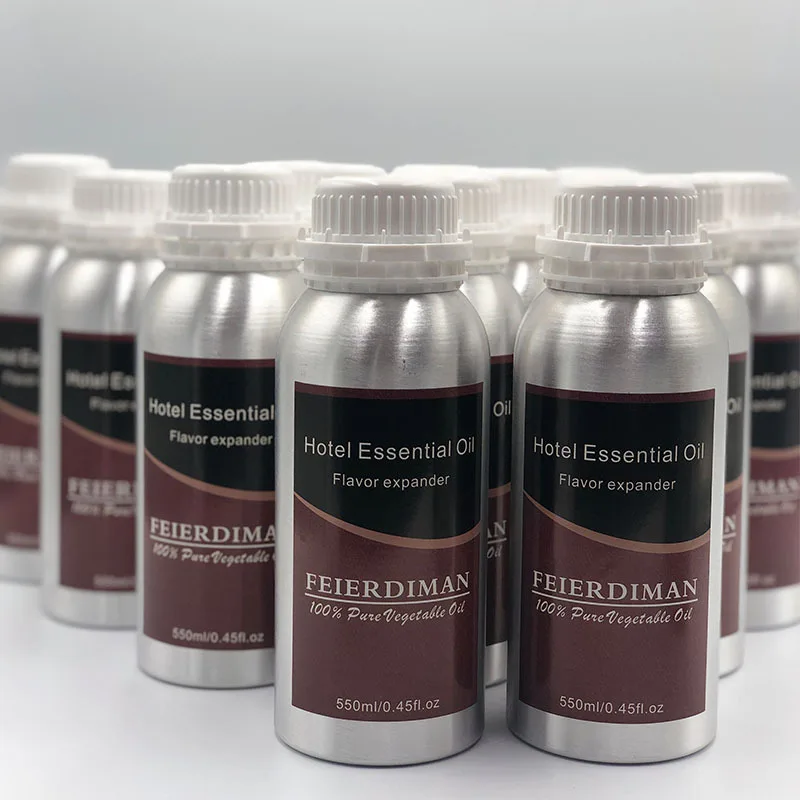It’s not a Pixar movie, though it could be. Natural pest control for cannabis sometimes feels like a scene straight out of Pokémon. Ladybugs, wasps, centipedes, mantises. Tiny creatures with one big mission: protect your weed.
While conventional agriculture relies on chemicals to fight pests, those poisons trash biodiversity and can leave behind nasties that end up in your lungs. Gross.
Luckily, there’s a better option. It’s called biological control. Or, if you prefer, hiring bugs to do your dirty work.
Forget pesticides. Let nature handle nature.
How It Works
María José Ramírez, PhD in Agricultural Sciences and entomologist, broke it down. Biological pest control is all about introducing good bugs that eat the bad ones.
These beneficial arthropods are released into your garden to act as natural enemies of common cannabis pests. Sometimes this happens preventatively, with just a few bugs keeping balance early on. Other times, it’s all-out war, dumping in an army to crush an existing infestation.
No toxins, no residue, no stressing over mystery chemicals. These critters work naturally, and they don’t cause resistance the way pesticides do.
Nature’s Little Assassins
Instead of spraying chemicals, you unleash killers. Predators hunt and eat pests. Parasitoids lay eggs inside their victims. Those eggs hatch, the larvae feed, and eventually an adult emerges like something out of a sci-fi movie.
Ramírez mentions two heavy hitters for cannabis grows: Heterorhabditis bacteriophora (a nematode) and Amblyseius swirskii (a mite).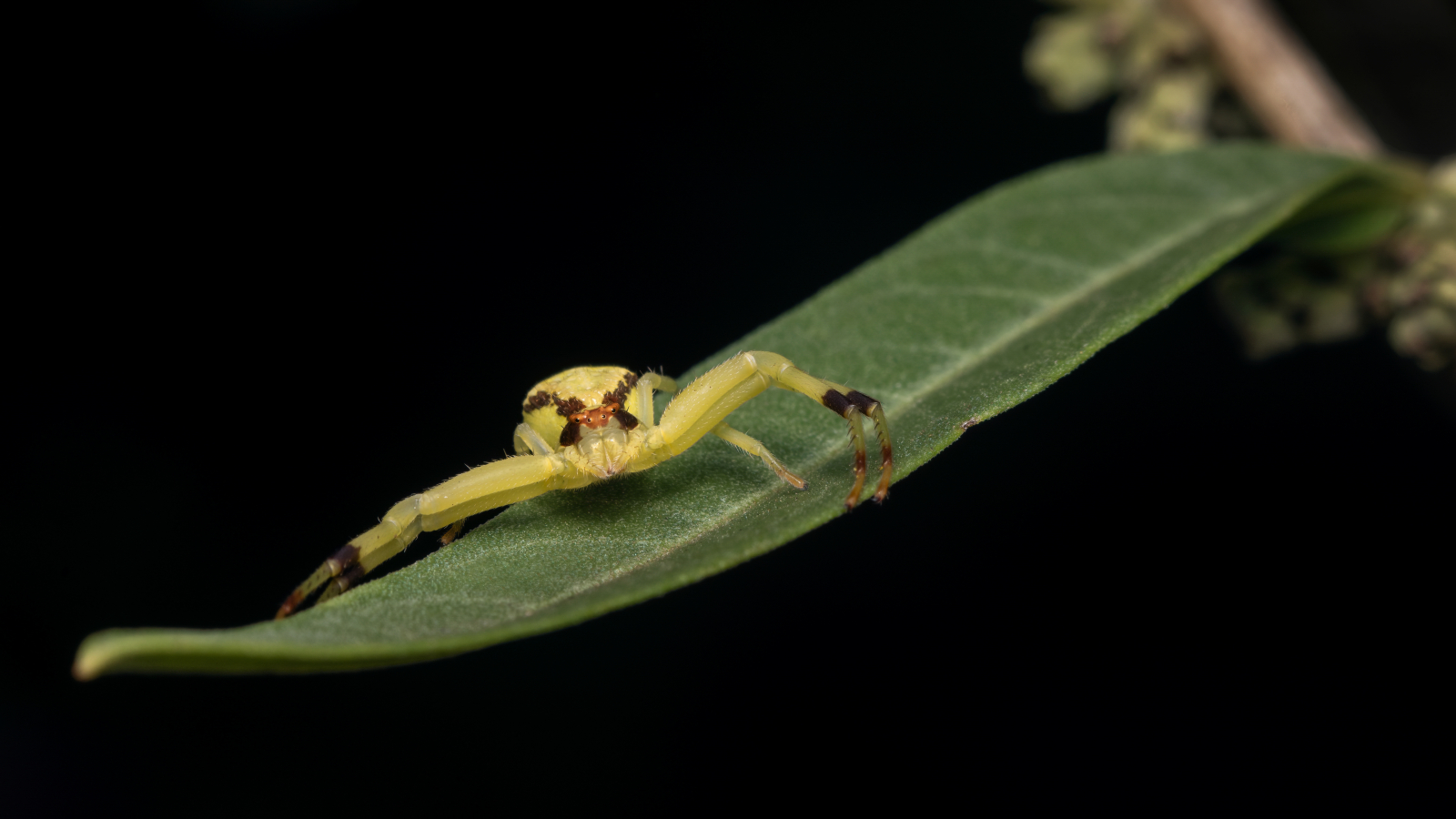
Crab spider // Photo by Antonio Luis Kuzic
Nematodes are tiny but brutal. They take down ants, fleas, moths, beetles, flies, and weevils. They crawl inside pests through any available opening (mouth, butt, breathing holes) and start snacking.
To reproduce, they release bacteria that multiply fast, killing the host. Then they use the corpse as a nursery for more nematodes. Efficient, disgusting, and extremely effective.
Nature’s Trojan Horse
Beneficial bugs don’t just show up in a box of dirt. They’re shipped in special ventilated containers that keep them breathing but not escaping.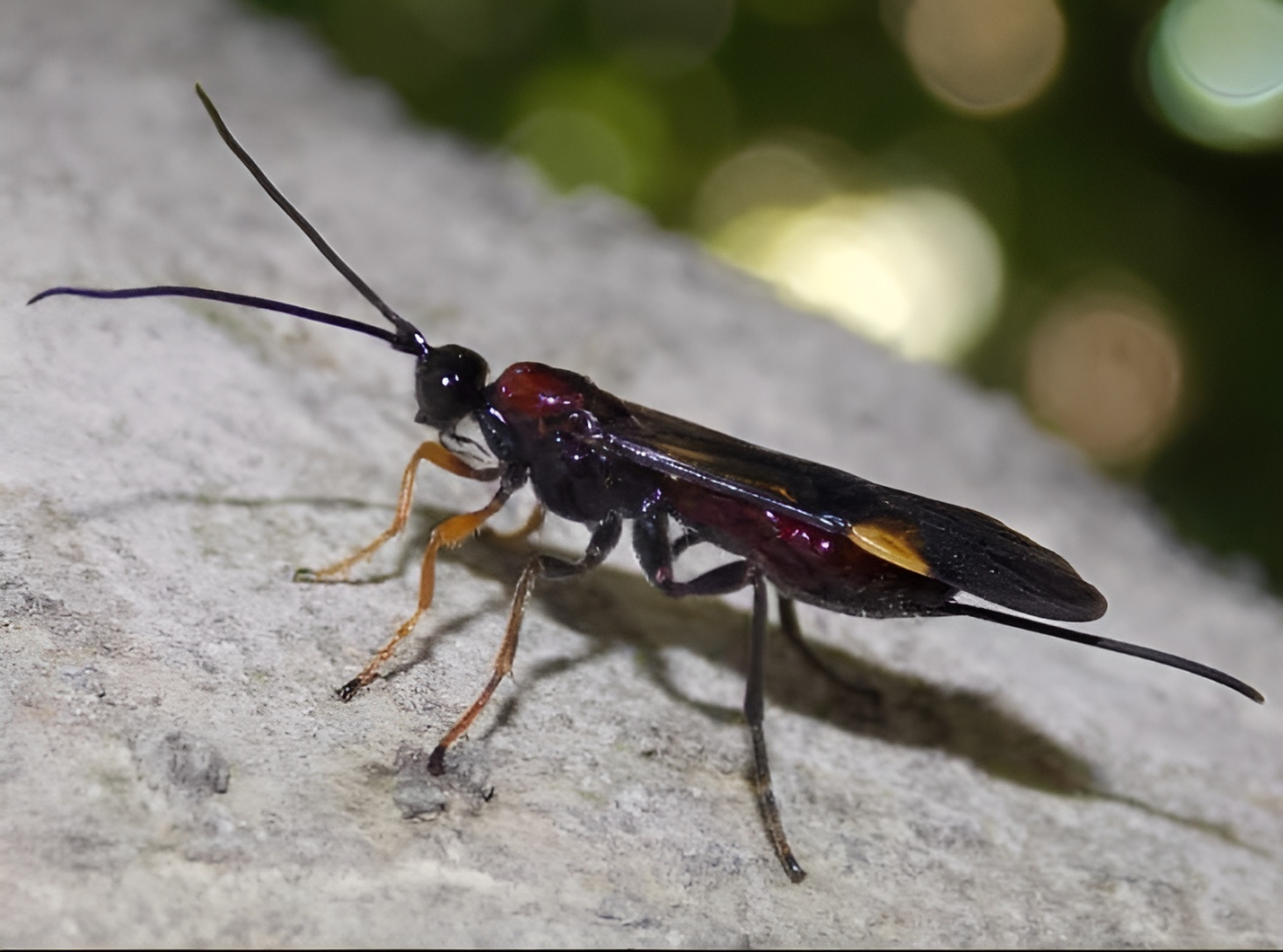
Parasitoid wasp // Leonardo Santoro
Ramírez says you can buy tubs packed with 25,000 predators for whiteflies or smaller containers with 2,000 mites for Arius. Depends on your pest problem and your paranoia level.
Biological Control Is Growing
Biological control is on the rise worldwide, especially in the medical cannabis space.
Costs vary by grow size, but this method is often cheaper in the long run and more adaptable than throwing chemicals at every problem.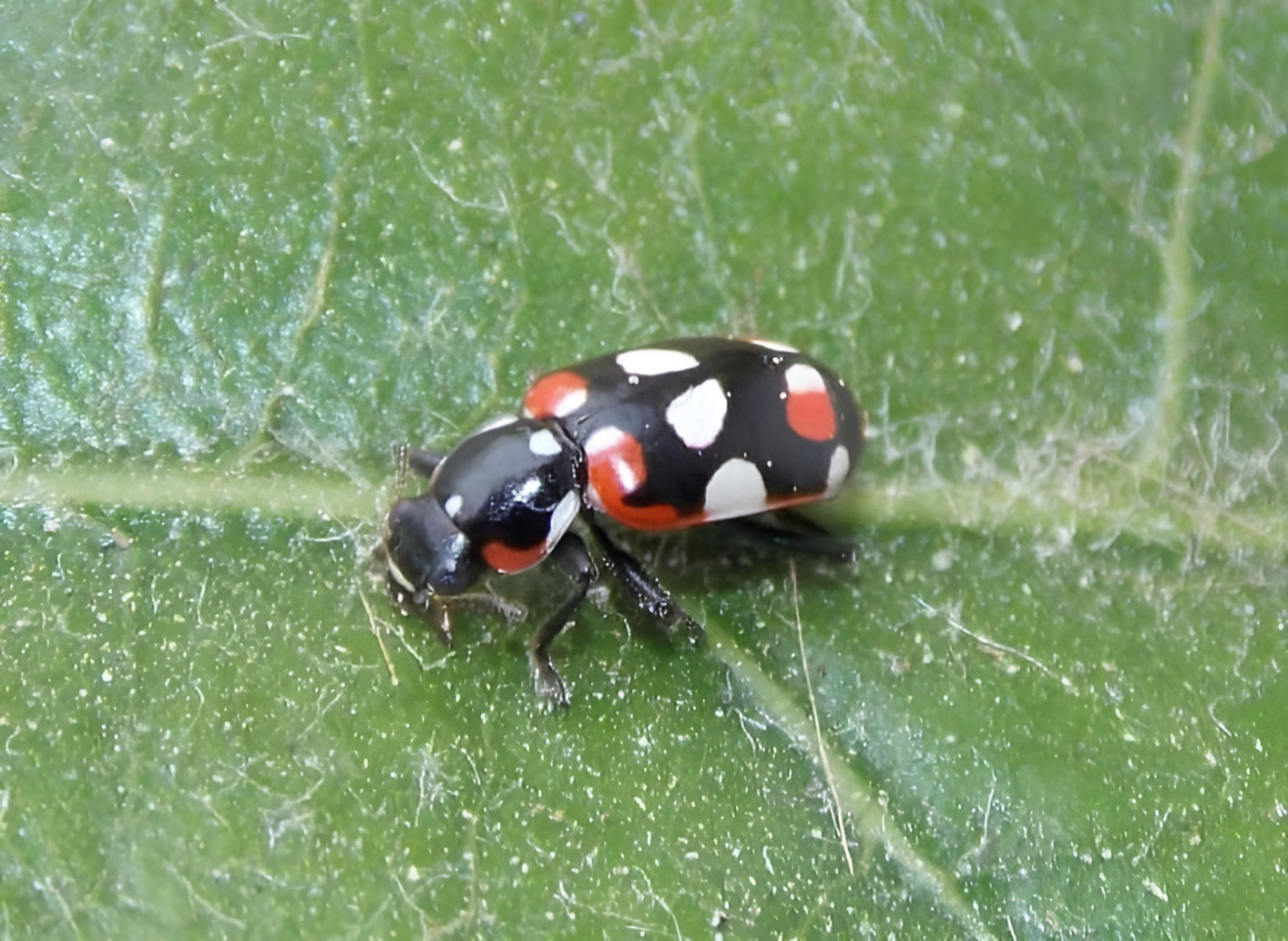
Native ladybug (Eriopis connexa) // Leonardo Santoro
For small growers, teaming up can make costs even more manageable. There’s also a call for more diversity in available predator species, because not all pests respond to the same solution.
Bugs vs. Pests: Backyard Edition
Agustín López Pacheco, science communicator and entomology nerd, points out how insects play a huge role in maintaining ecosystem balance. That matters for homegrowers too.
“To keep beneficial bugs around, you need an ecosystem with native plants and biodiversity. A balanced system keeps pests in check. Without it, things spiral, and growers suffer.”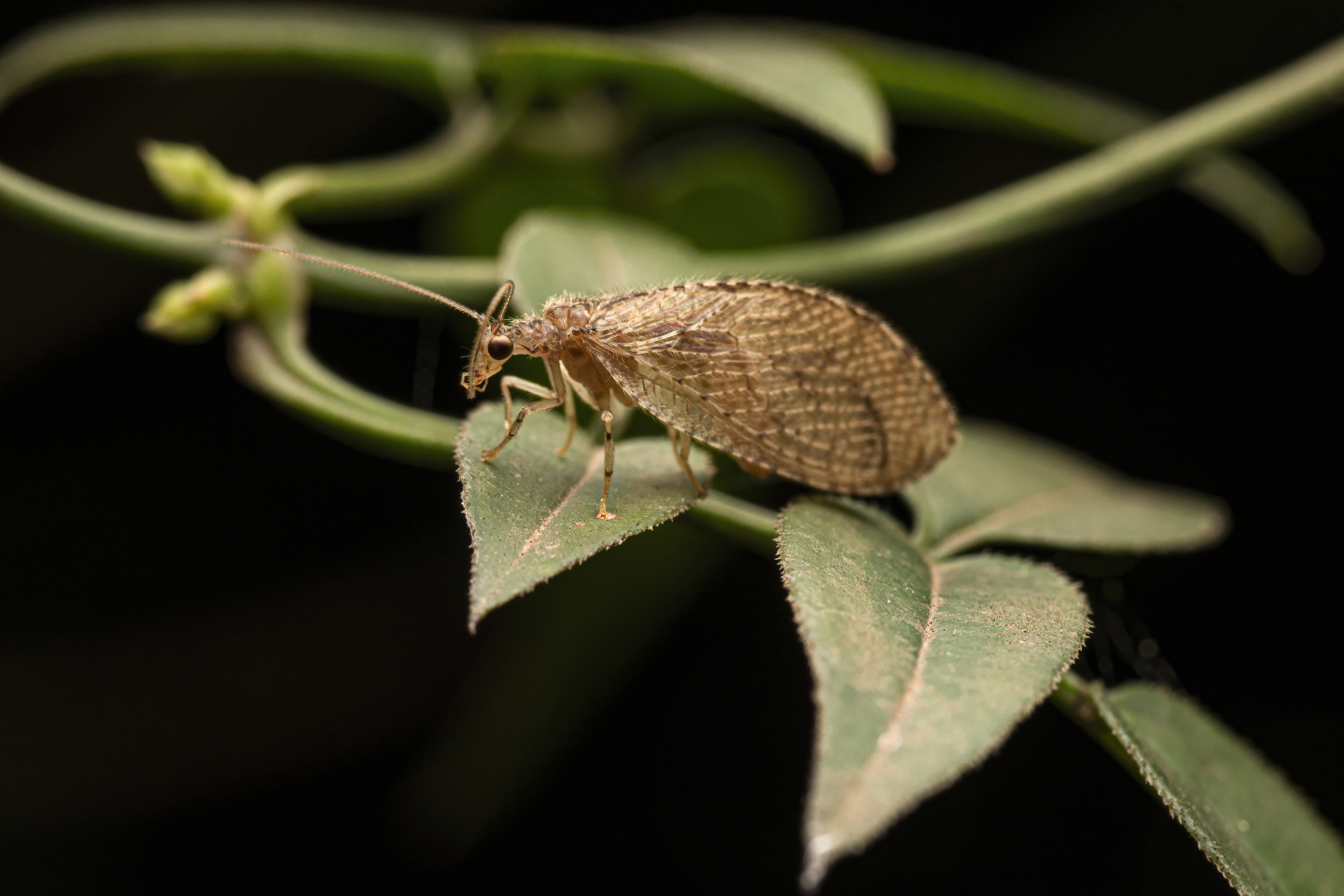
Brown lacewing // Photo by Antonio Luis Kuzic
He breaks it down Pokémon-style. Three categories of pest fighters:
- Predators: hunt and kill
- Parasitoids: live inside and weaken
- Entomopathogens: fungi and bacteria that infect and destroy
Apocalip-Thrips: When Things Get Ugly
Sometimes infestations get so gnarly, people reach for pesticides out of panic. López Pacheco doesn’t recommend it.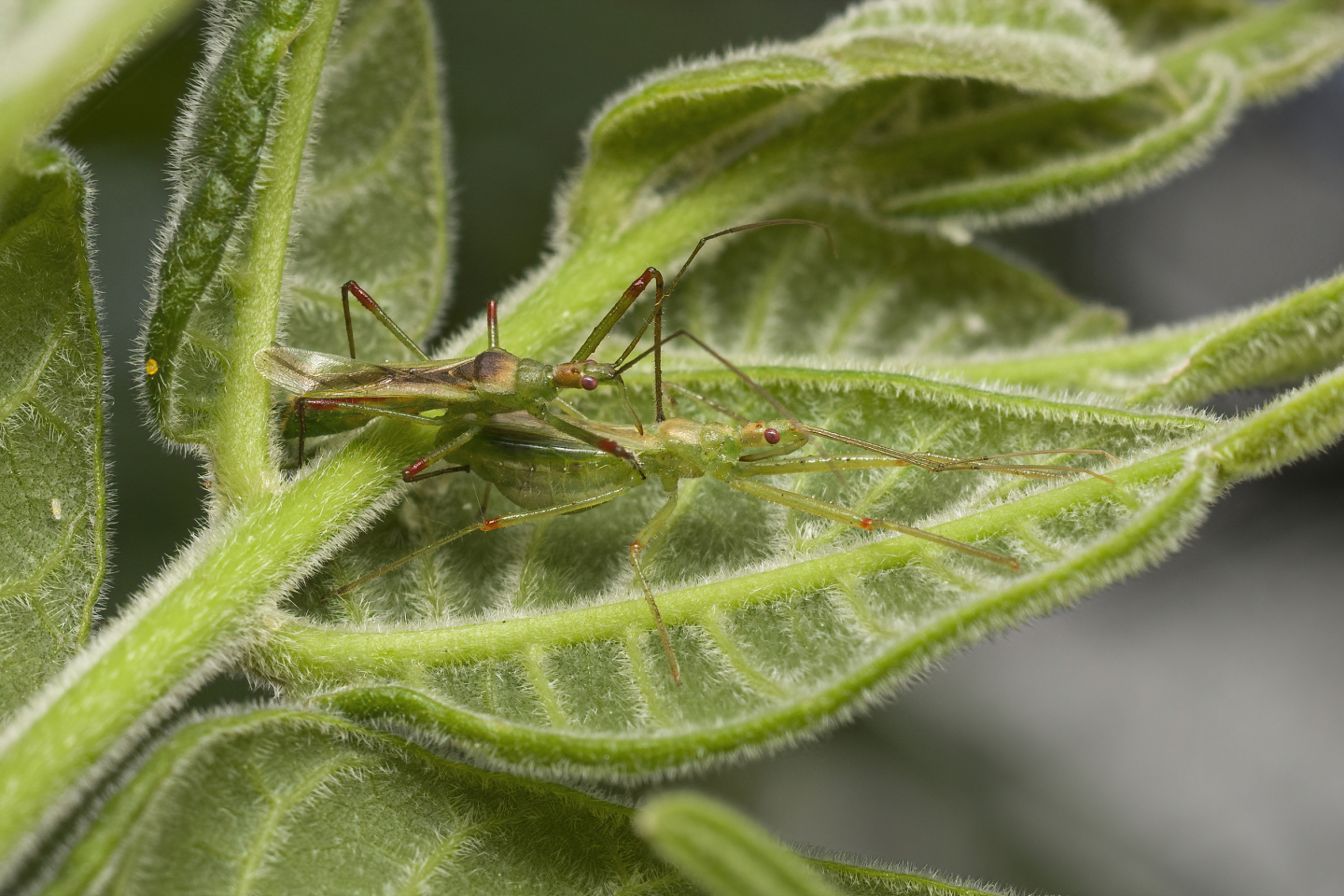
Assassin bugs // Photo by Antonio Luis Kuzic
Pesticides kill pests, but they also nuke beneficial bugs and mess with the delicate balance you’re trying to build. Factors like humidity, food, and shelter impact whether your good bugs thrive.
He also warns about overusing potassium soap sprays. Helpful in moderation, harmful if you go overboard.
Pixar Vibes at Your Local Park
López Pacheco recommends checking out resources like the Entomological Squad, a group spreading love for bugs and biodiversity through education.
He also encourages nature walks, biodiversity festivals, and bug hunts to spark curiosity, especially with kids.
Lead image: Praying Mantis, by Antonio Luis Kuzic
Originally published November 2023. Adapted from El Planteo.





